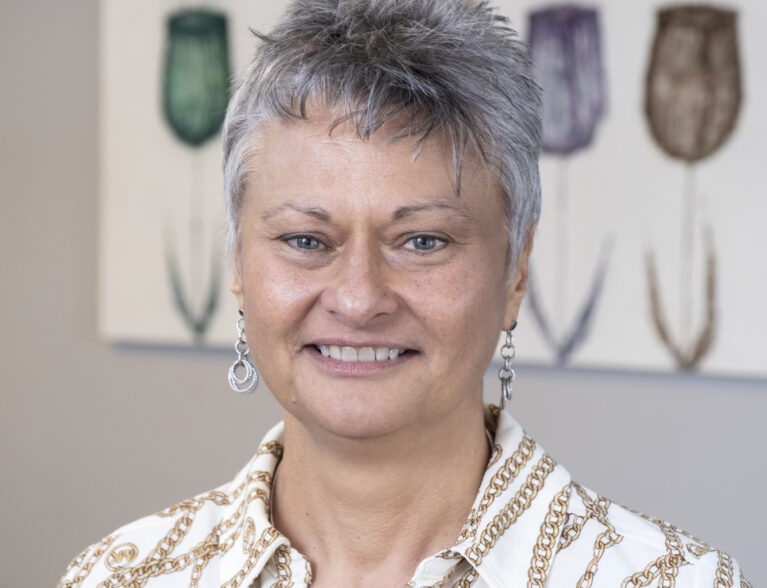
RULER, a systemic approach to social and emotional learning, was developed at the Yale Center for Emotional Intelligence to create a more compassionate, equitable, innovative and healthier society. Although many of its applications come in settings that benefit children from Pre-K to grade 12, it is helpful for people of all ages.
The concept was developed in 2005, but the unprecedented mental health crisis plaguing young people in America, and the ongoing emotional and social impact of the pandemic have refocused attention on the RULER program and its effectiveness.
Dr. Theresa (Terri) Prescott, a psychiatrist and Fellow of the American Psychiatric Association who practices in Vero Beach, is enthusiastic about RULER and its benefits for children.
“We always say it takes a village to raise children. Well, this is how you go about building that village,” she says.
Put simply, RULER is an acronym for the five skills of emotional intelligence:
Recognizing emotions in oneself and others.
Understanding the causes and consequences of emotions.
Labeling emotions with a nuanced vocabulary.
Expressing emotions in accordance with cultural norms and social context.
Regulating emotions with helpful strategies.
RULERapproach.org describes it as a method of social and emotional learning that teaches emotional intelligence to people of all ages, with the goal of creating a healthier, happier and more compassionate society.
Its value to students is irreplaceable says Dr. Prescott. “Social emotional learning hasn’t been emphasized in schools. RULER helps us learn to identify [and help] vulnerable kids early.
Parents can sometimes be too close to recognize problems,” she says.
RULER helps students and educators spend more time feeling valued, connected, and inspired.
RULER supports entire school communities in understanding the value of emotions, building emotion skills, and creating and maintaining positive school climates.
But Dr. Prescott says it’s not necessary for a school board to mandate the concept of RULER. “If teachers learn about the program, they can try it on their own. It doesn’t have to be done as part of a formal program to be effective.”
According to RULERapproach.org, it focuses on building positive emotional connections across similarities and differences, creates awareness around our own emotions and the emotions of others, manages emotion with our best selves, resolves conflict with empathy and restores communities affected by conflict.
“One reason RULER works is that it gets back to the ‘neighborhood’ concept of people supporting each other,” Dr. Prescott explains. “It’s necessary now more than ever.”
She continues, “We used to live in neighborhoods where everyone knew each other and looked out for each other. If your mom wasn’t around, the other moms were.”
With this program, explains Dr. Prescott, even a kid in a troubled family can get community support. “Adults are more attuned to what is happening and can help the child find a positive role model or mentor.
“An added benefit is that as adults learn how to key in on helping children, their own lives will benefit as well from the tools and techniques they’re learning.”
The Yale School of Medicine lists some of the benefits experienced by those who participate in RULER programs:
- Development of emotion skills.
- Improvement in academic performance and classroom climate.
- Fewer attention and learning problems.
- Greater social and leadership skills.
- Less anxiety and depression
- Less stress and burnout.
- Better performance in school and work.
RULER skills help people of all ages to understand and use their emotions wisely, opening opportunities for them to succeed in school, at work, and in life. These skills are both personal and social, such that a network emerges with positive changes reinforced.
“This isn’t rocket science,” says Dr. Prescott. “We are social creatures, not meant to be isolated.” RULER is about restoring and improving human connections in ways that lead to greater happiness, success and wellbeing.
Dr. Theresa Prescott graduated from Rowan University School of Osteopathic Medicine. She trained in General Psychiatry at Albert Einstein Medical Center and completed a Child & Adolescent Psychiatry Fellowship at Children’s Hospital of Philadelphia. Dr. Prescott is board-certified in General Psychiatry and Child & Adolescent Psychiatry and is a Fellow of the American Psychiatric Association. Her practice, Progressive Mind Center PLLC, is located at 333 17th St., Suite Q, Vero Beach. Call 772-213-8881 for an appointment.



